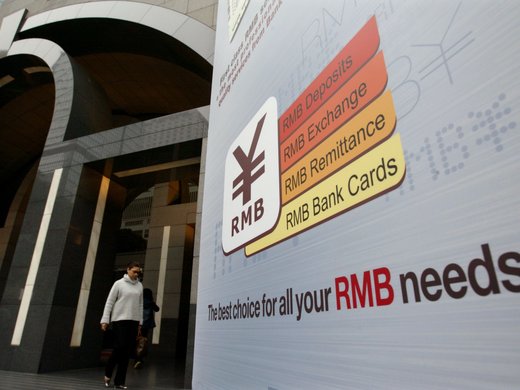At the IMF World Bank Spring meetings, there are plenty of concerned faces in the rooms of policymakers, analysts and global economic experts. It is usually hard to find a happy smiling bunch of economists and financial analysts, so this may be a selection bias. Nevertheless, what are the issues on the table at the IMF meetings? Well, it is still hot money.
Hot money, the kind that travels effortlessly across borders thanks to information communication technology, the financialization industry and the unintended consequences of low interest rates in developed countries has made all worry that what comes in, can come out. Both flows are problematic. Too much money coming in can raise interest rates and cause a host of economic bubbles internally. Too much money leaving is a catastrophic bank run on countries that shatters growth and equity.
This hot money is mostly going to emerging market economies that are now the prime destination of capital searching for a decent rate of return. With all this money floating in the emerging market economies, domestic banks want to lend. When banks are more eager to lend, they take on risky clients. This can spell disaster. Think of the banks in the US housing crisis who lent money to people who frankly never should have had a house loan in the first place.
The IMF warns that in the past five years, emerging market economies’ companies or firms have increased their rate of borrowing by 50%. In the past year alone, bank credits have increased in Latin America by 13% and in Asia by 11%. Now, this may all be great loans with lots of securities to back it up, but the IMF is worried that some of these loans may not be all that safe.
So the Fund is warning emerging market economies to create more buffers in its banks. Increase capital requirements of reserves and manage capital flows, even if it means capital controls sometimes. The later is a huge change for the IMF which was ideologically against these capital controls for a long time.
So the saga continues as hot money is like a hot potatoe that no one wants to be caught holding. Stay tuned as this unfolds at the IMF World Bank meetings…..


